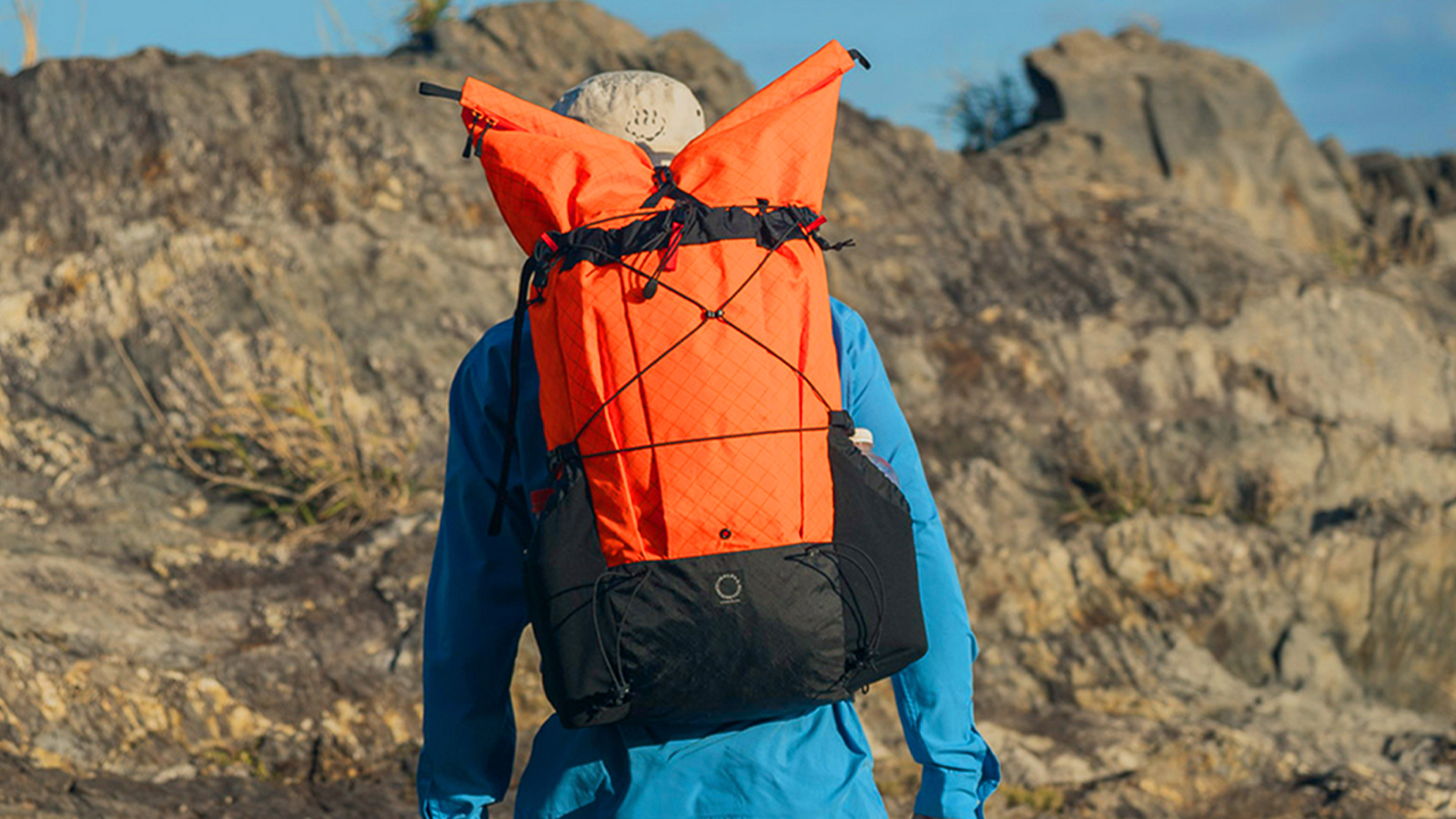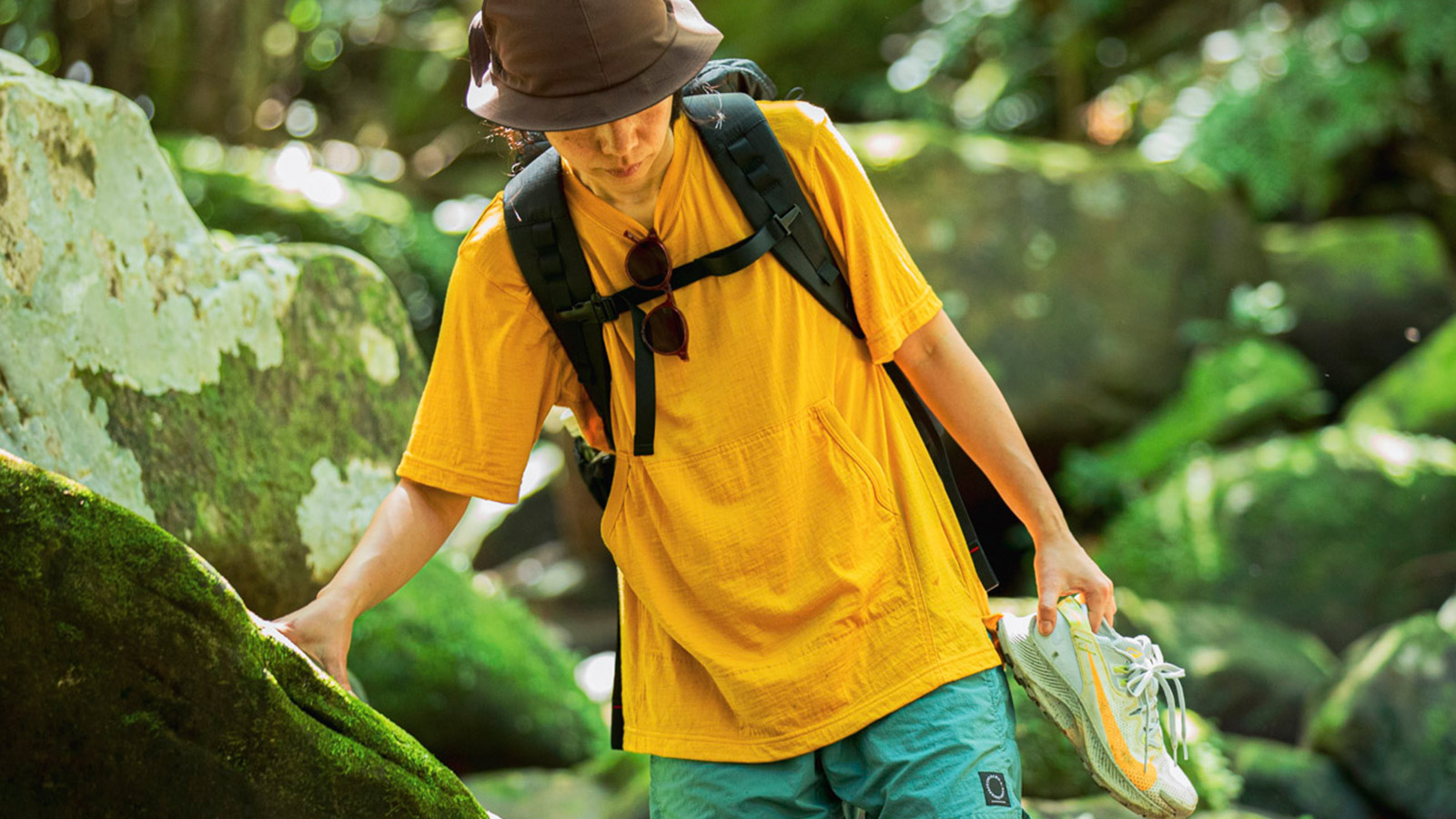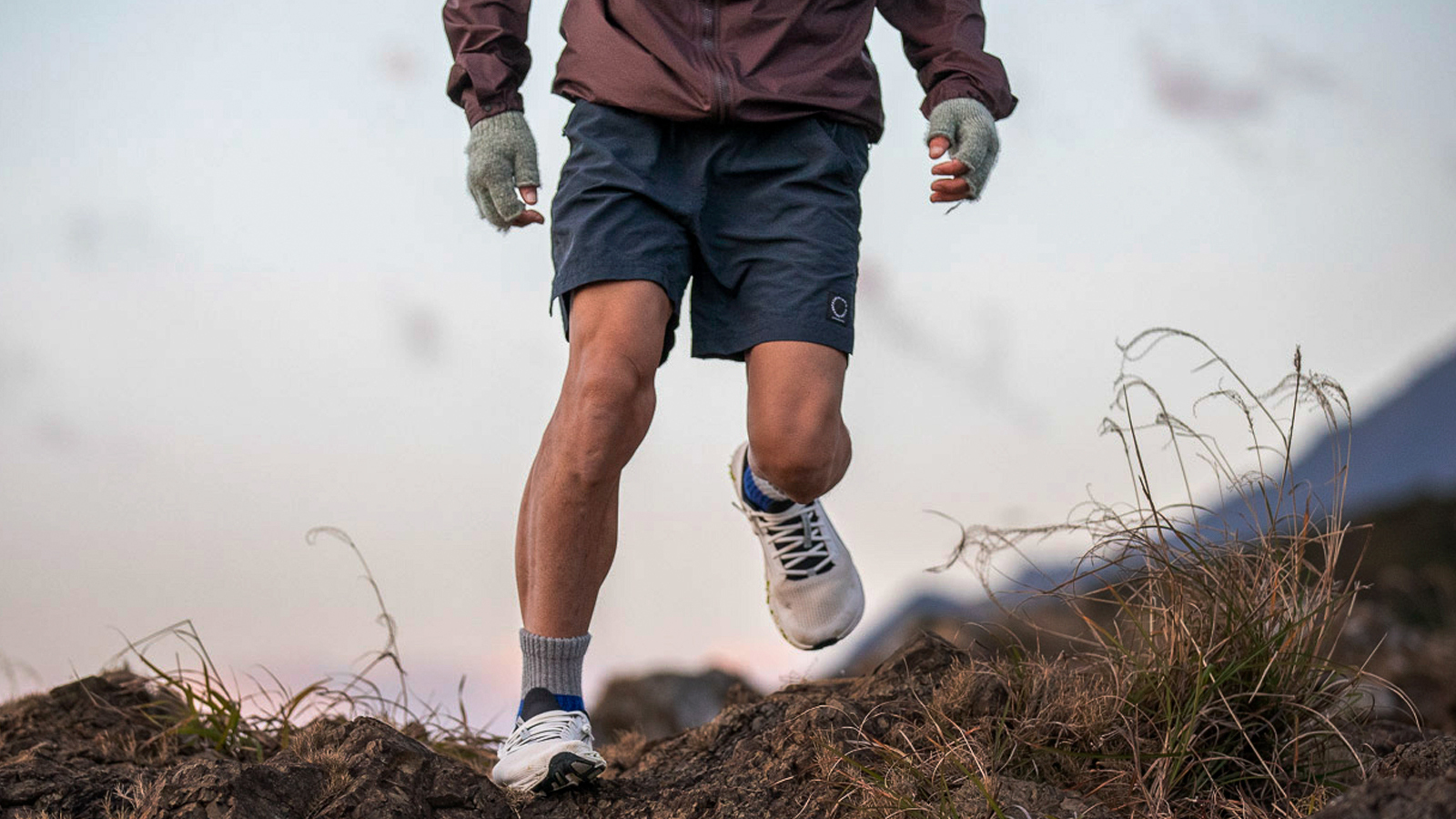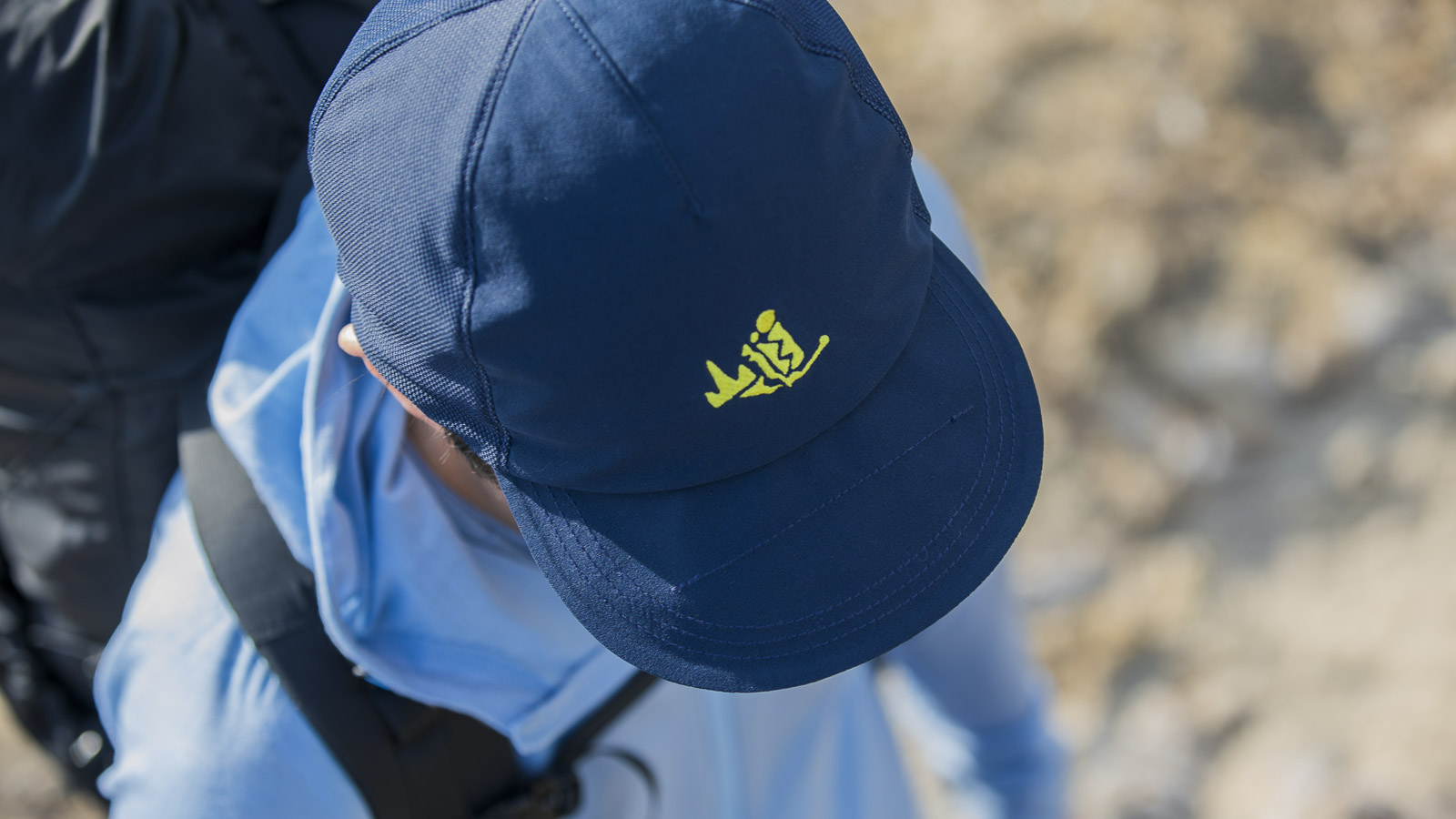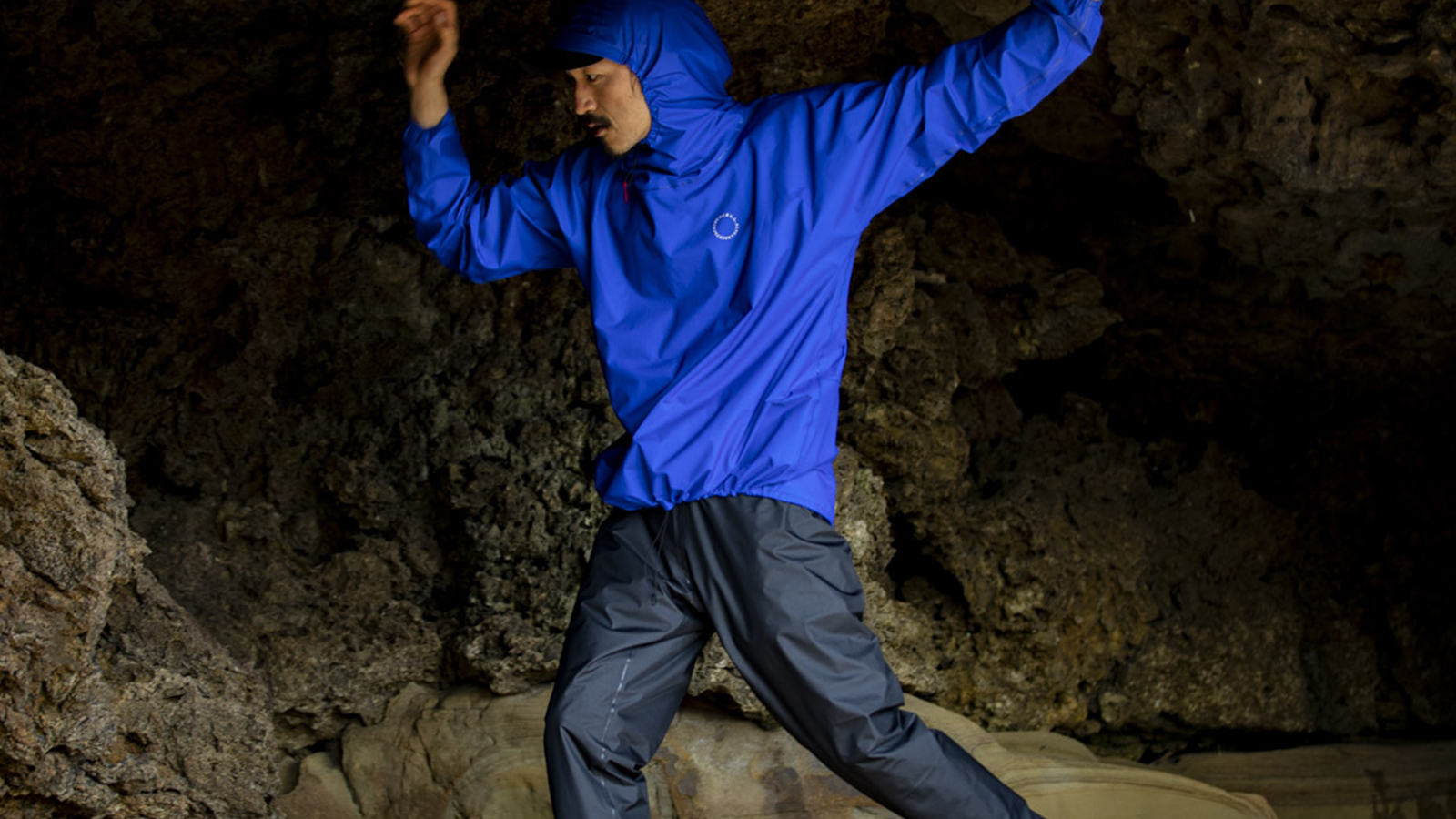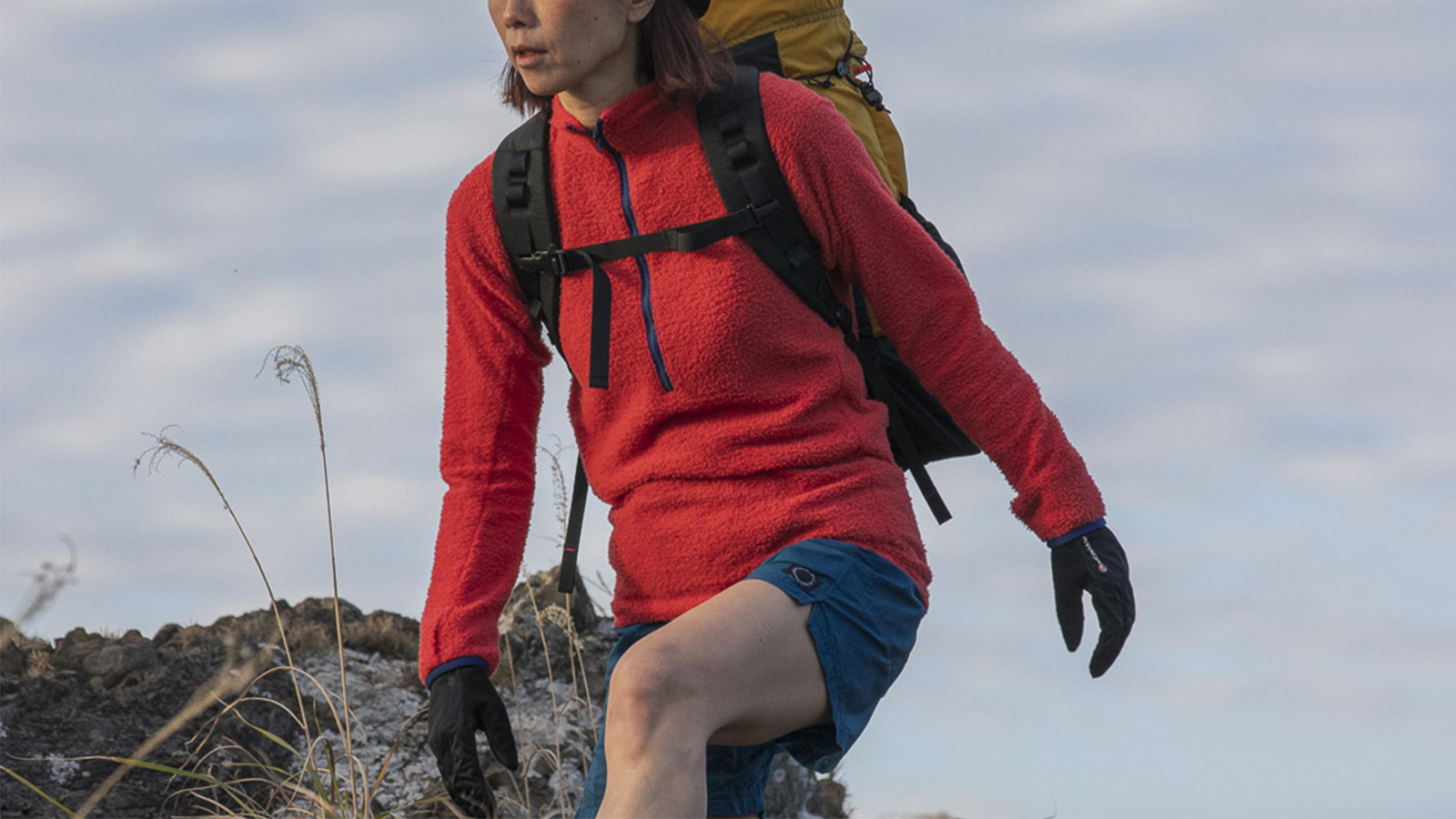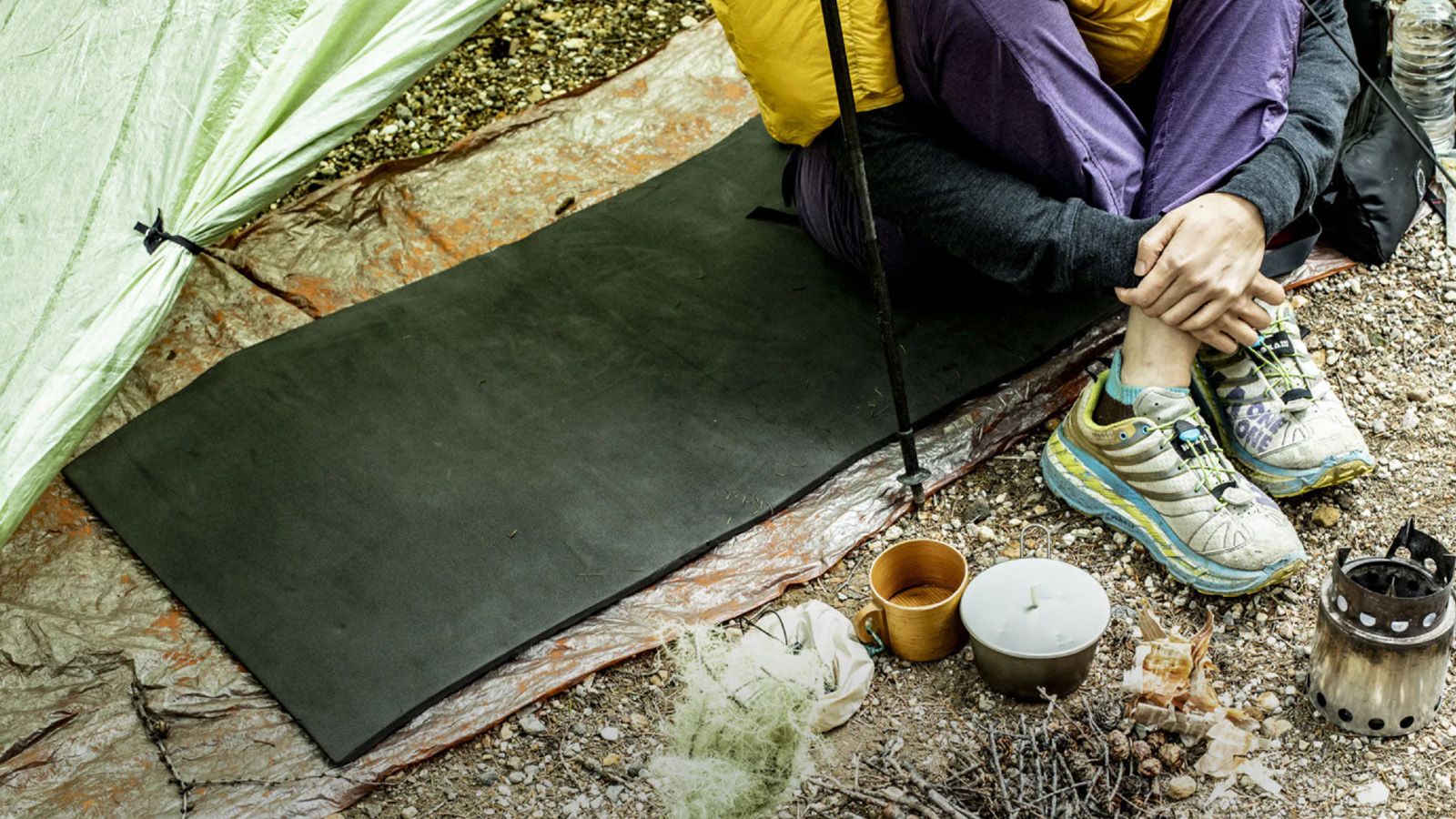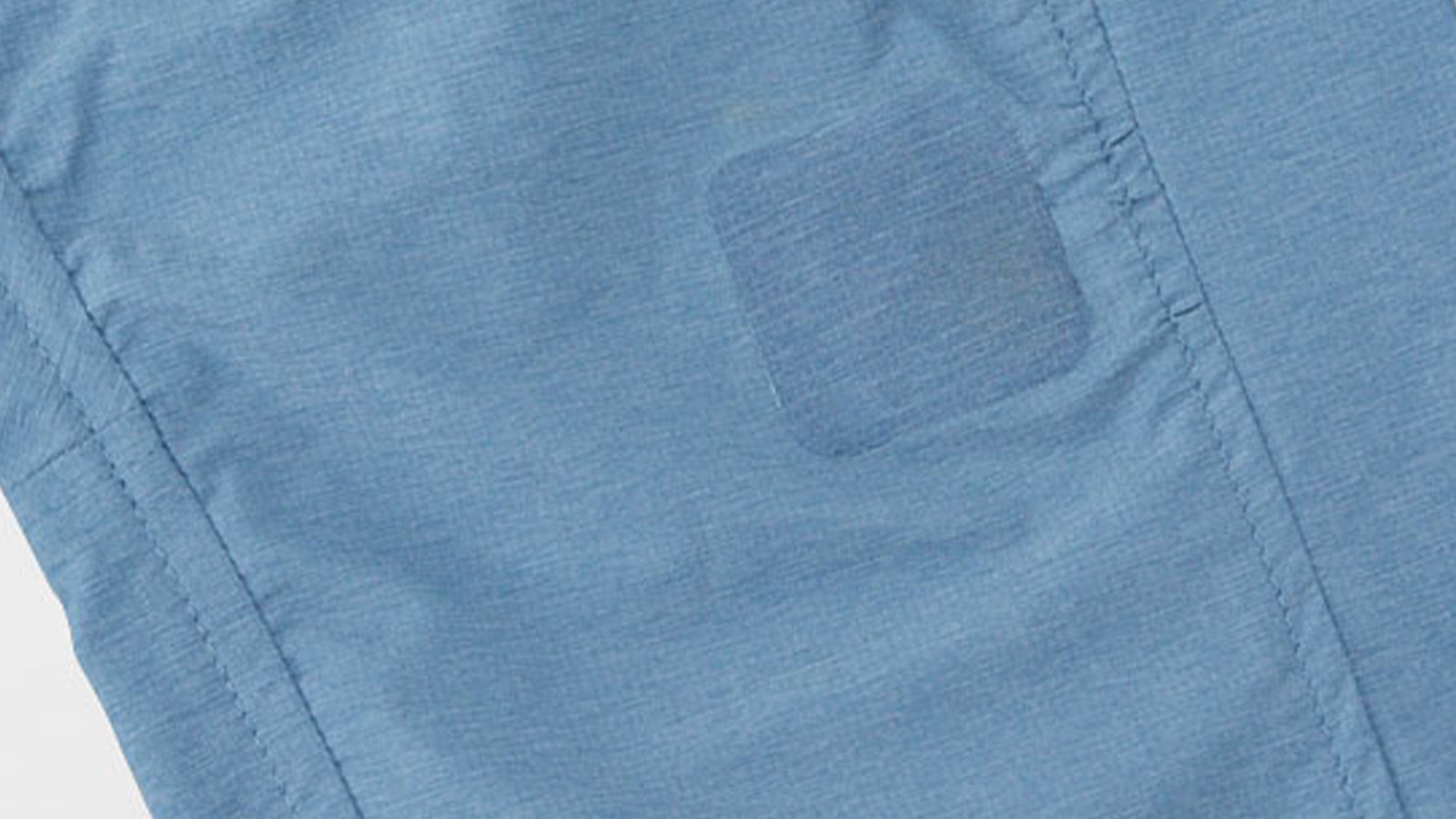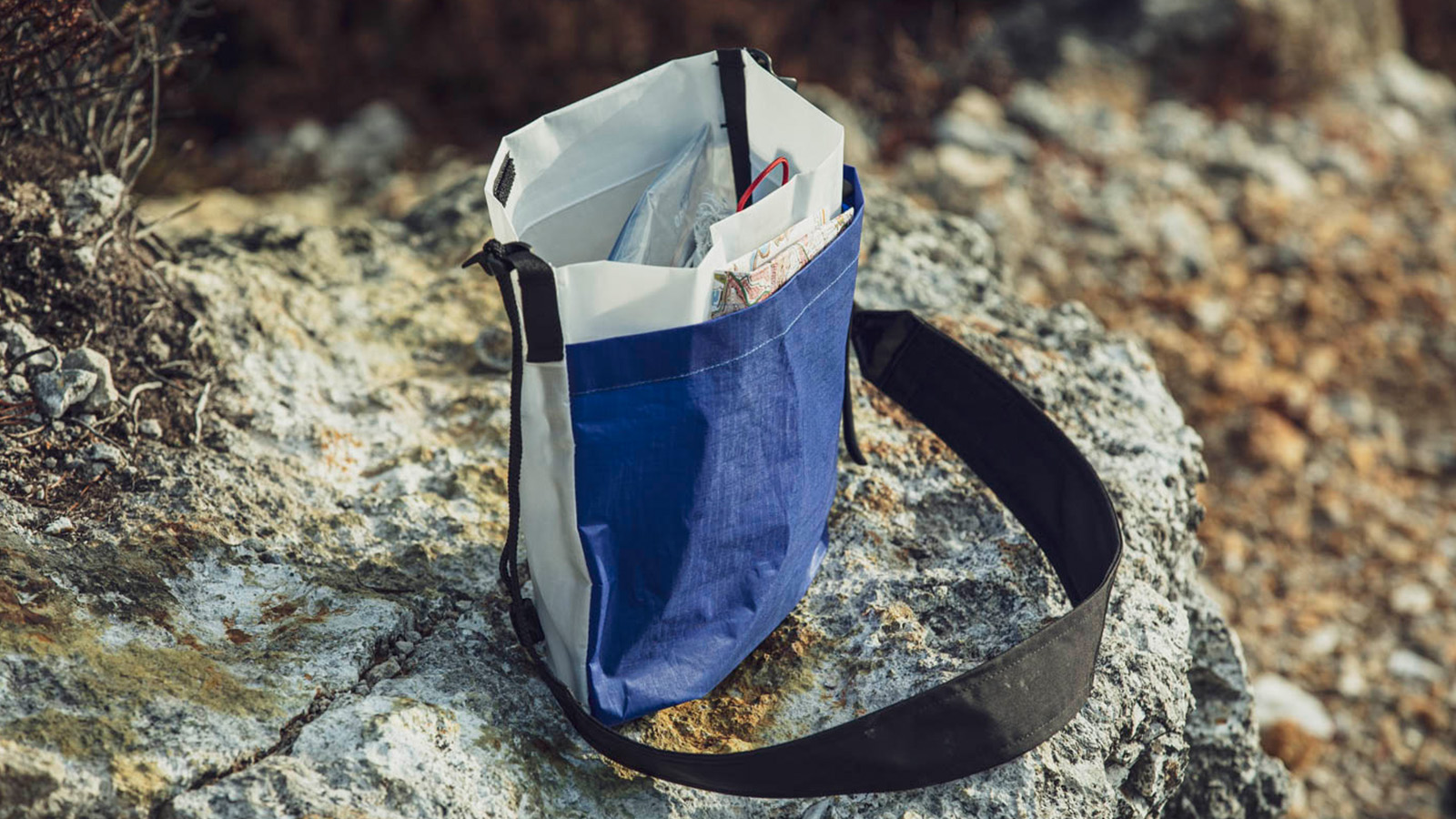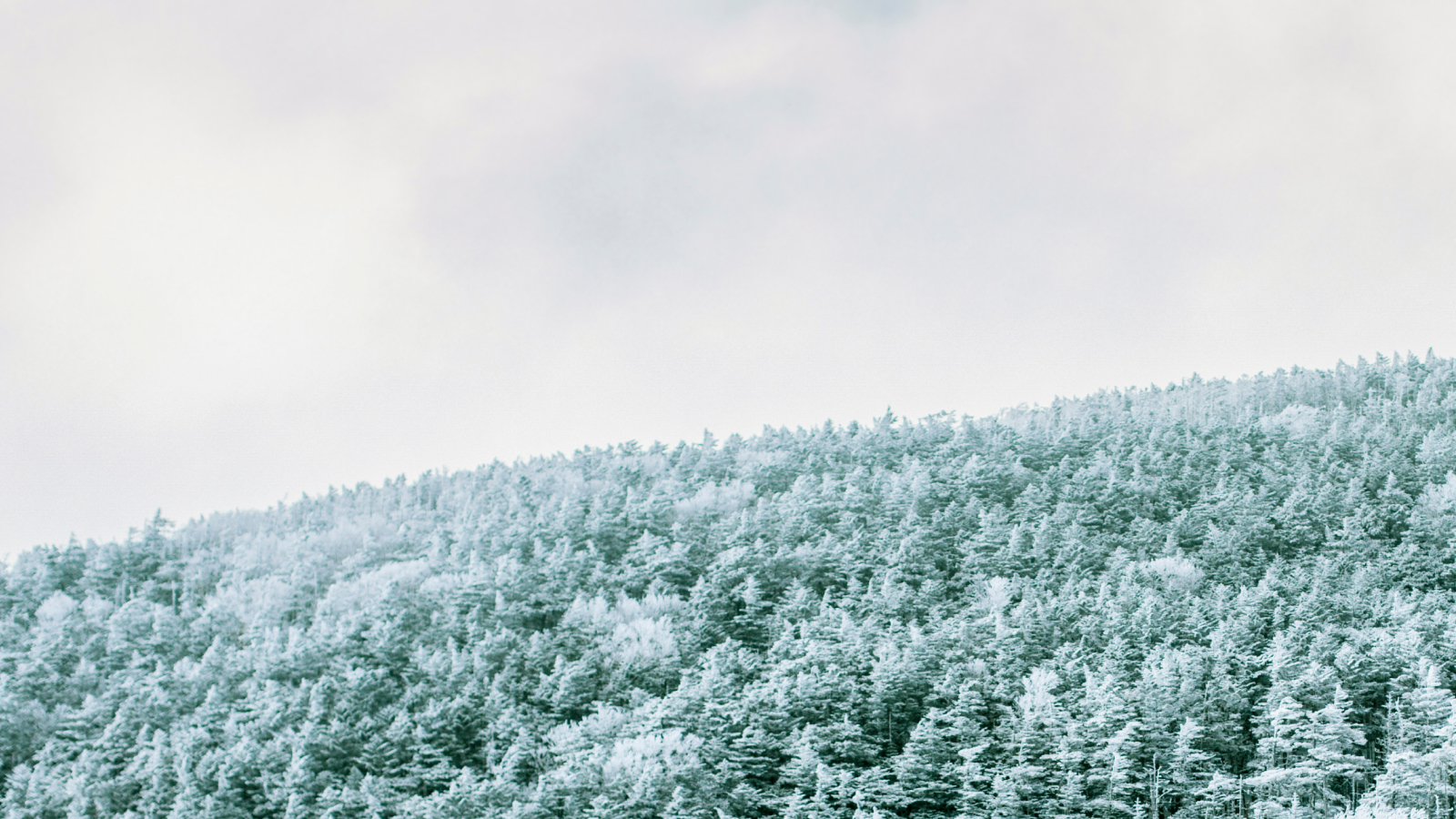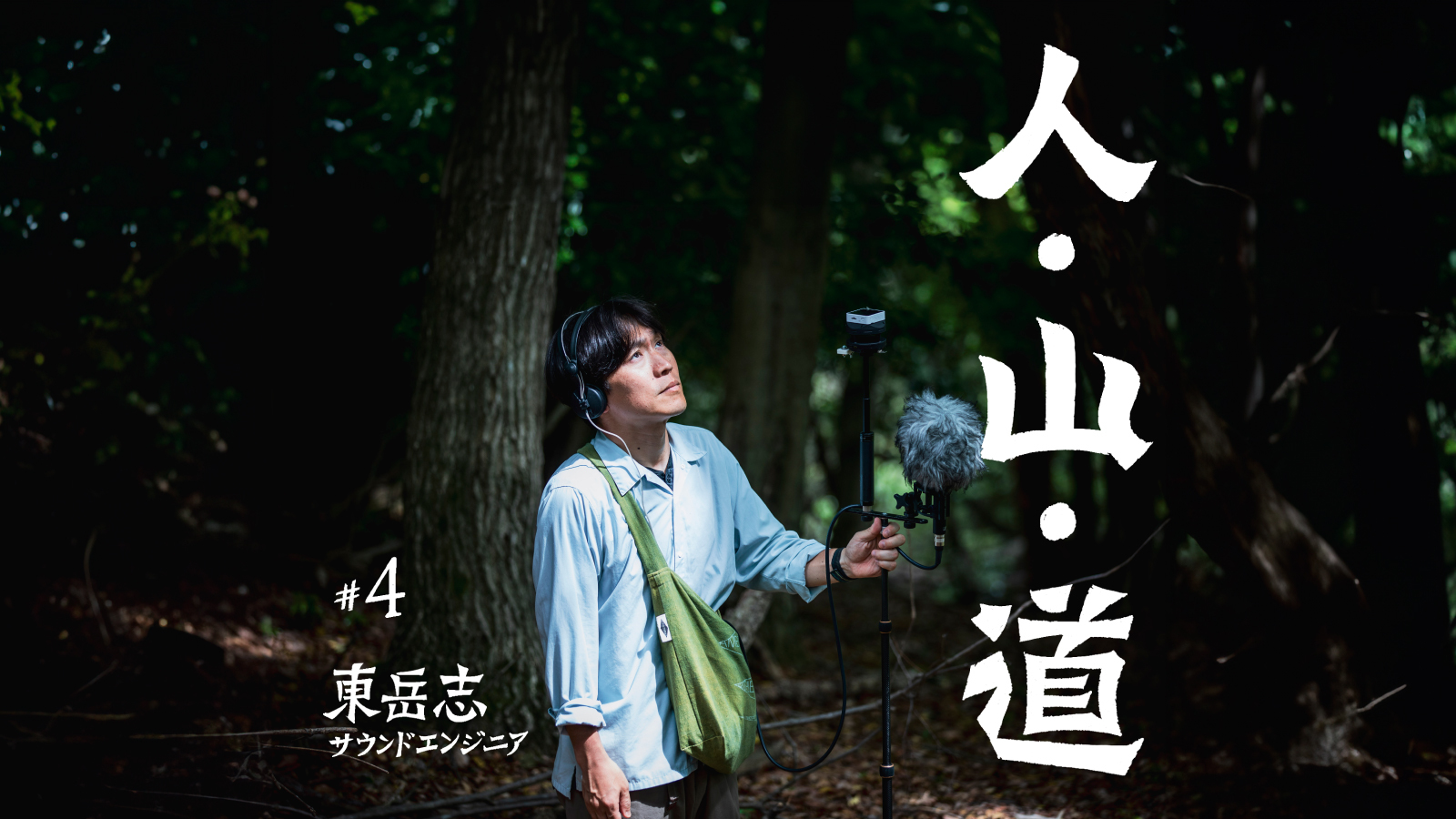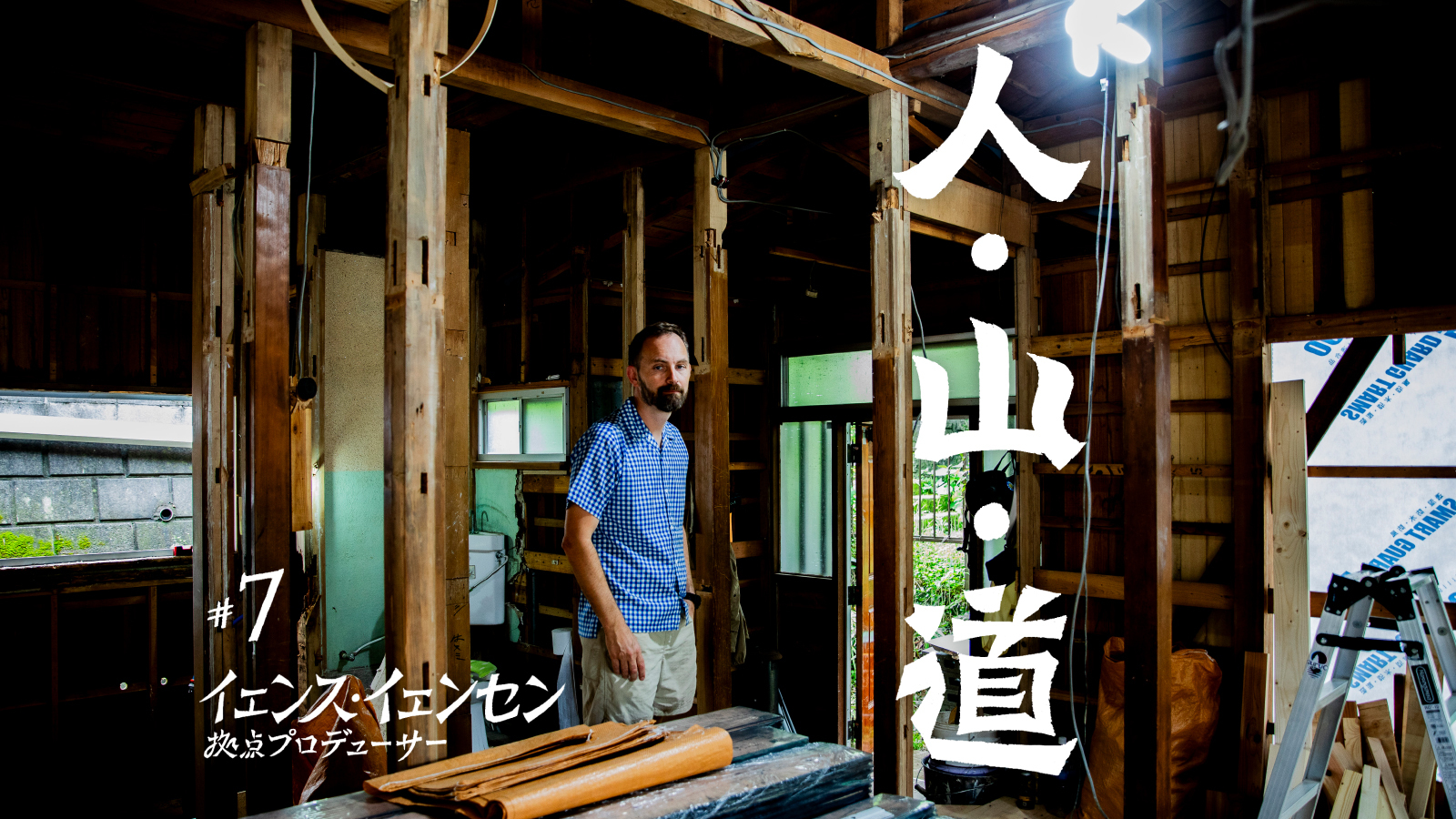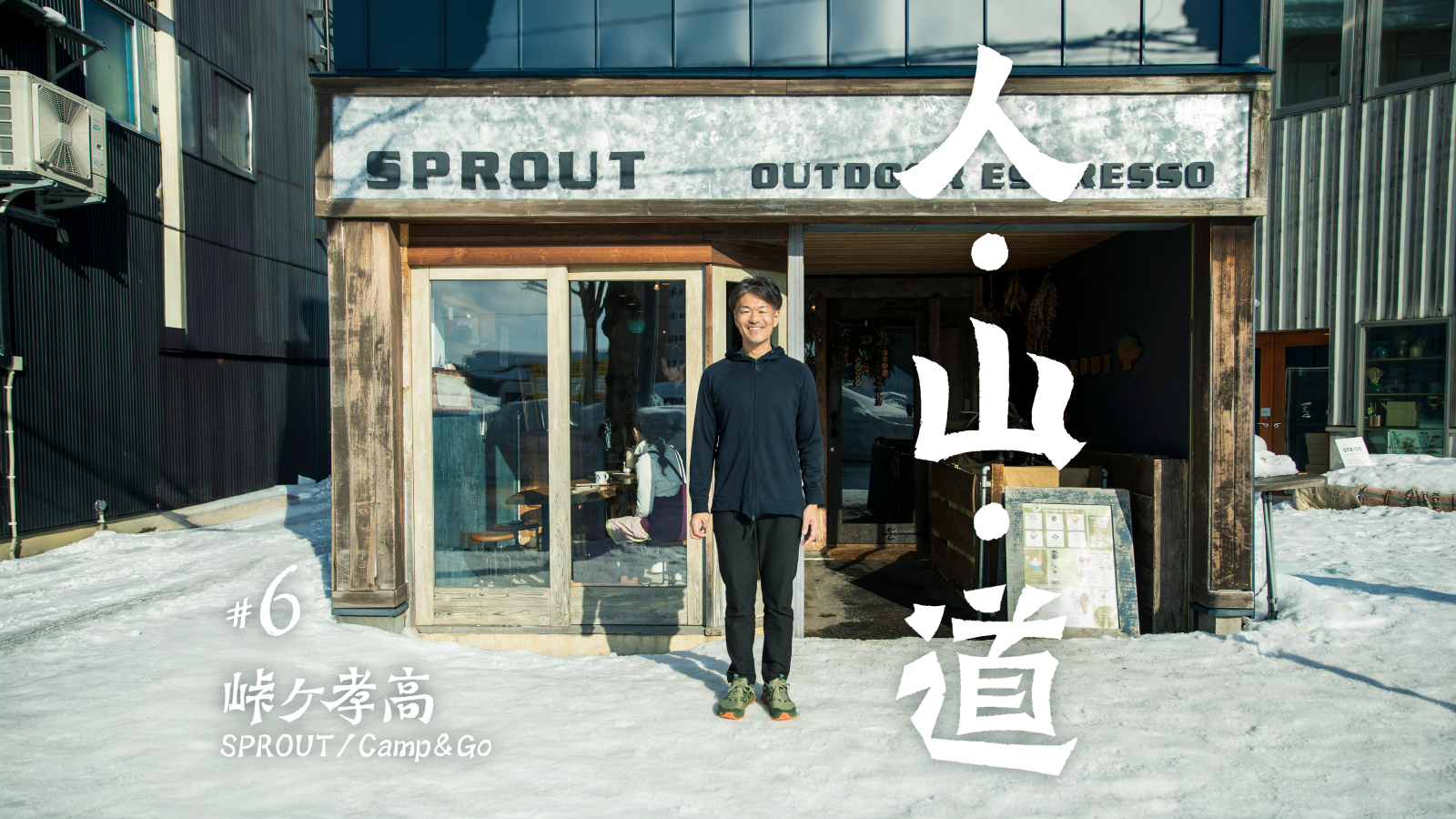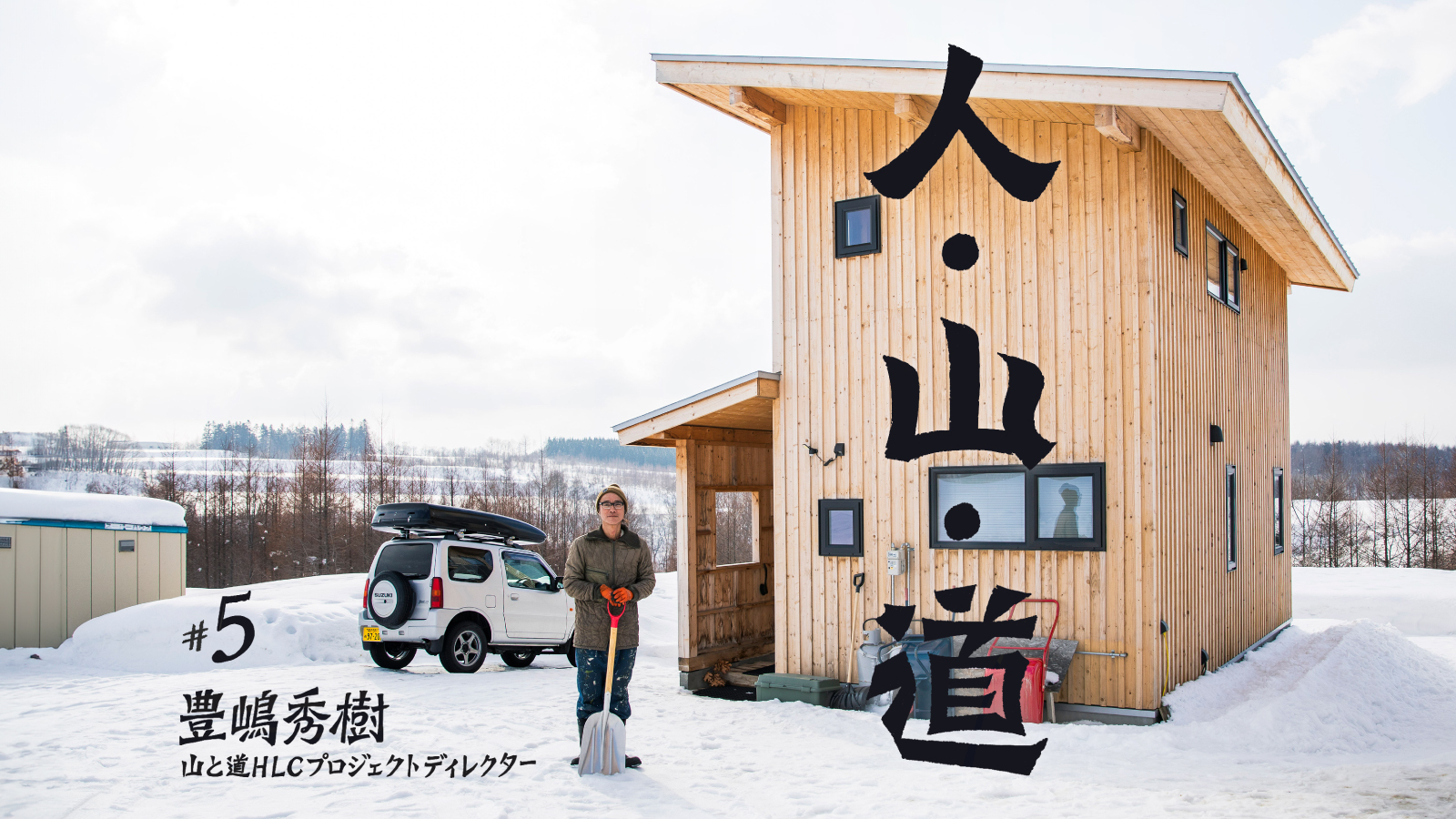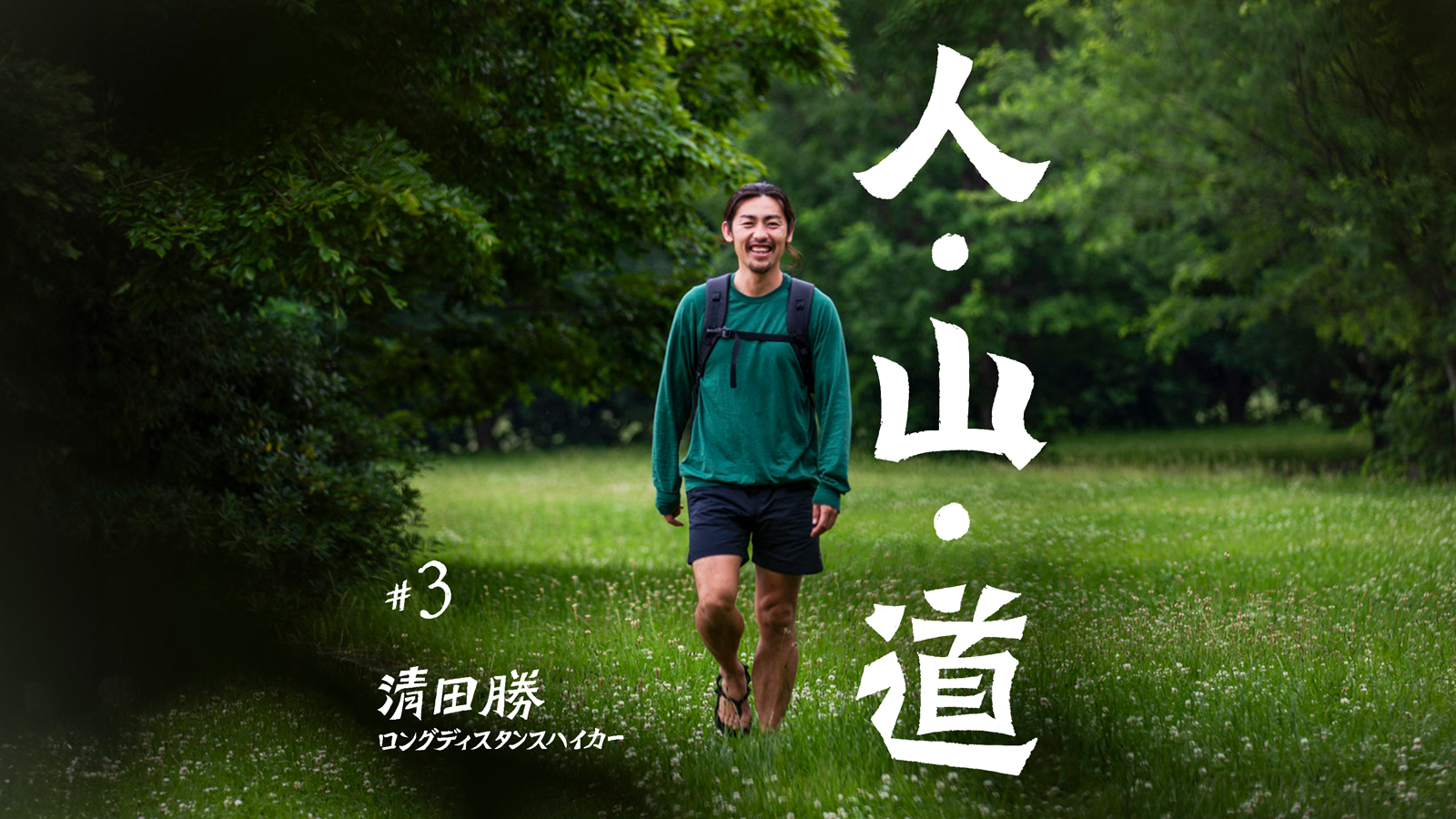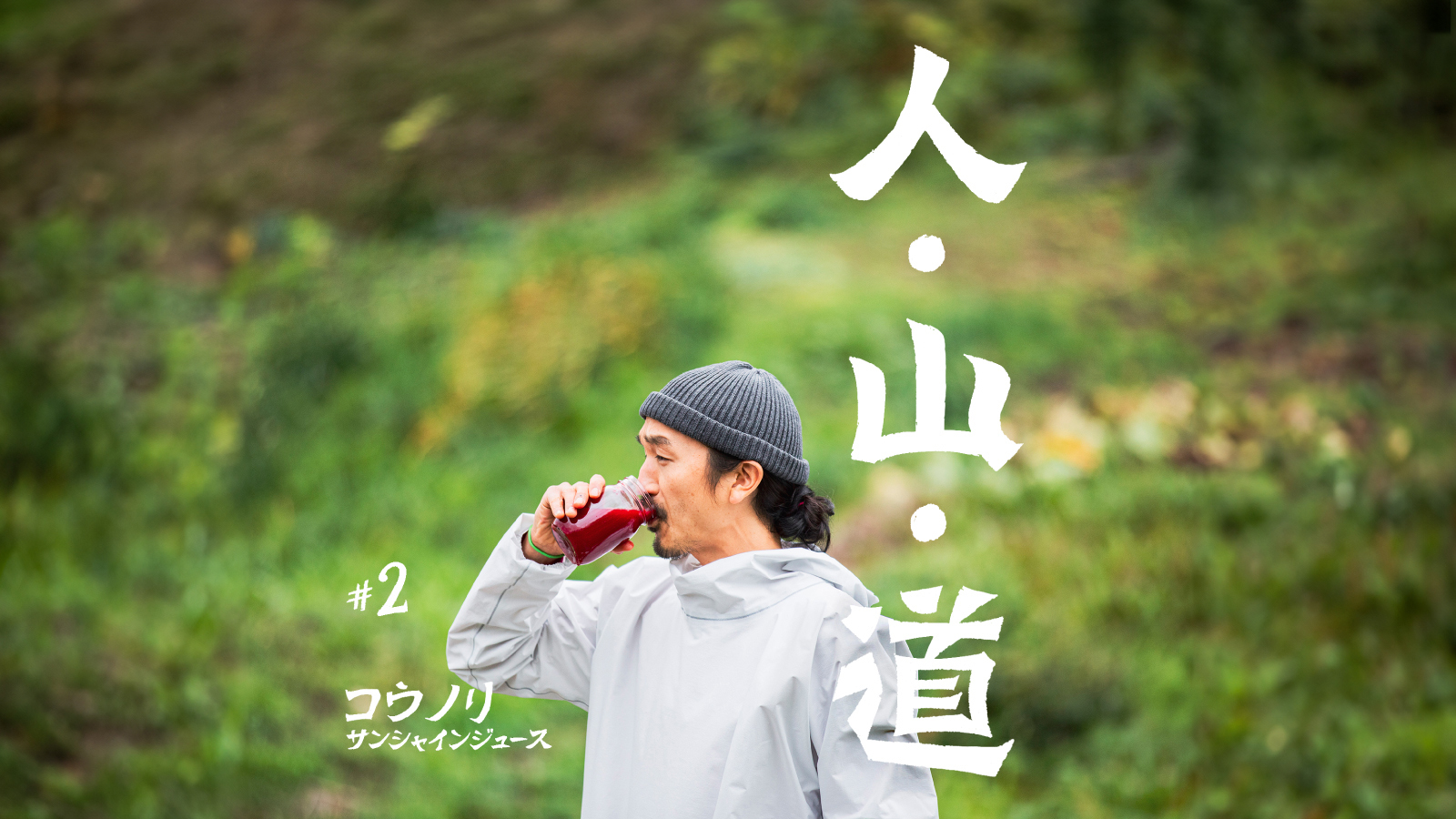#2 Ko Nori (Sunshine Juice)
Photography: Masaaki Mita
#2 Ko Nori (Sunshine Juice)
Photography: Masaaki Mita
In People, Mountains, Paths: The UL Way, we interview artists, designers, hikers and entrepreneurs whose lives and work intersect with Yamatomichi. We ask them how they chose the path they walk and the things they carry with them –– a theme that is at the core of the ultralight hiking ethos. The second guest in this series is Ko Nori, the founder of Sunshine Juice and a cold-pressed juice pioneer in Japan. Having previously expanded his business, Ko has scaled it back recently, to connect more directly with farmers and their produce and his natural surroundings.
I was completely captivated by one cup of juice.
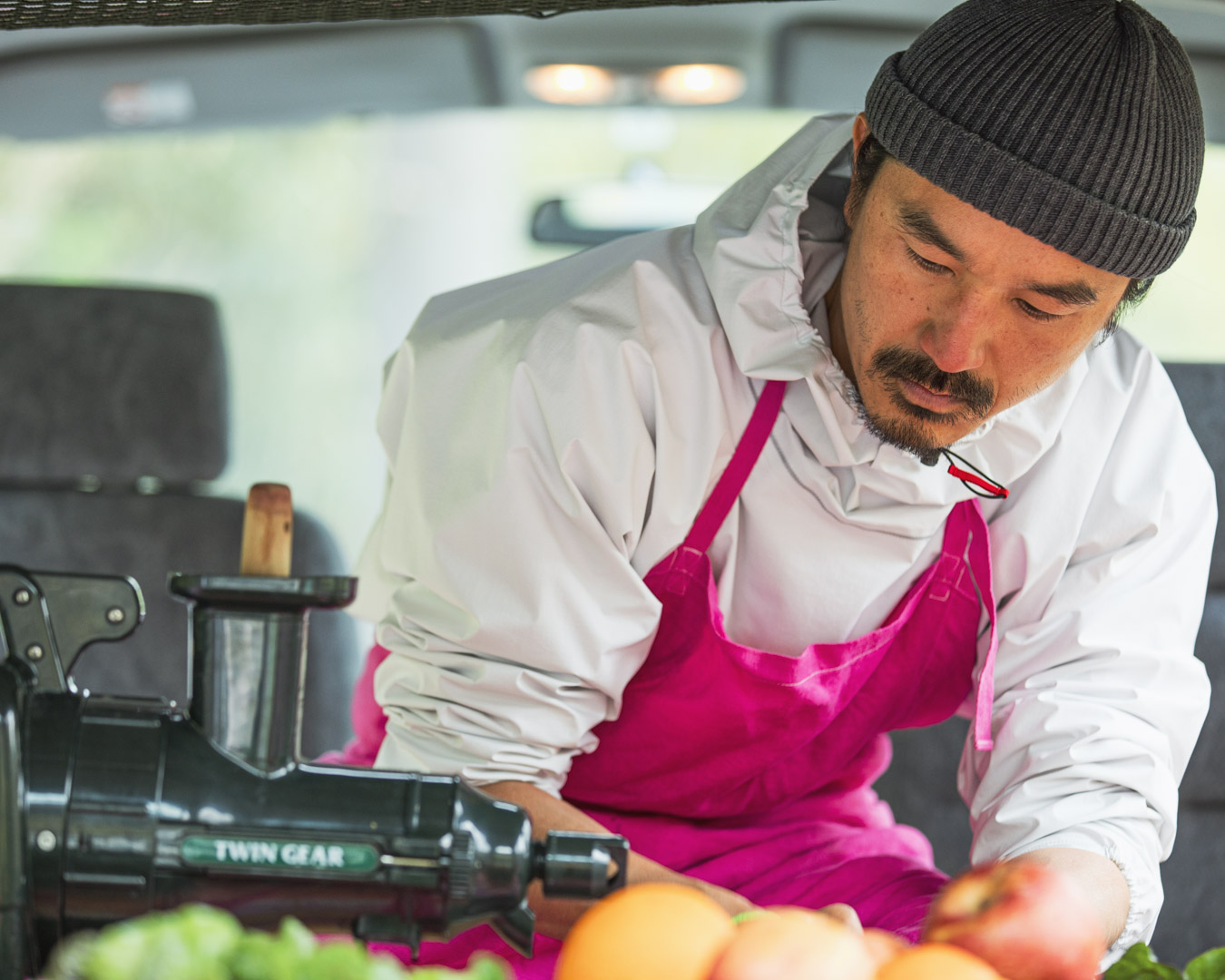
Photo caption 1: Ko Nori, founder of Sunshine Juice and a cold-pressed juice pioneer in Japan
The first time Ko Nori had cold-pressed juice was in 2012. He was living in Taiwan, running in races, and sticking to a strictly vegan diet. Friends overseas had raved about cold-pressed juice, which is made by separating the liquid from the fiber of vegetables and fruits, unlike smoothies, and doesn’t require heat. But in Japan and Taiwan it was still unheard of. Then, during a visit to New York City, he finally found a shop where he could try it. “The experience was incredibly intense,” Ko recalls. “The way the juice affected my body was extraordinary. I was captivated by one cup of juice.”
Two years later, Ko launched Sunshine Juice –– Japan’s first cold-pressed juice shop –– in Tokyo’s Ebisu district. It was a defining moment for Ko and Japan’s legion of juice purists. For Ko, the beauty of his product lies in the absence of extras or embellishments: only the “living power” of fresh farm produce, he says. “I’m constantly challenging myself to communicate the power of the juice and the sensation of that first sip, while emphasizing the importance of simplicity.”
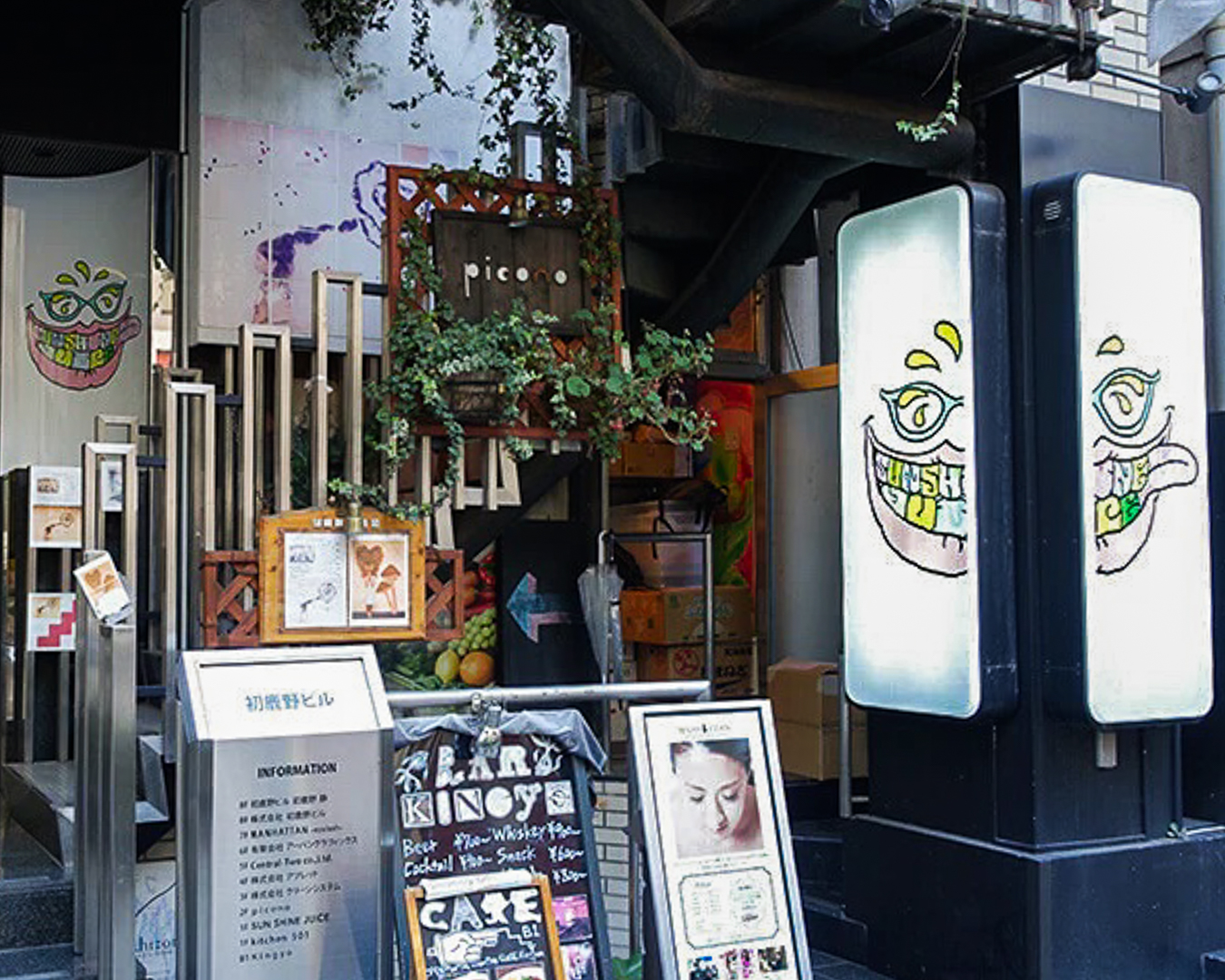
Ko’s Sunshine Juice shop in Tokyo’s Ebisu district was Japan’s first cold-pressed juice retailer (Photo courtesy of Sunshine Juice)
As Sunshine Juice won fans and cold-pressed juice spread, Ko found himself at the forefront of a new movement. With the boom came new opportunities for him to expand. At one point, he had six stores. But as his business grew, Ko felt disconnected from the farms and his customers, and before long, he’d made the agonizing decision of downsizing. By 2022, he was back to running just his Tokyo store.
The more streamlined operation forced him to be more pragmatic with the choices he made –– and freed him to be more ambitious. “Returning a business to its roots might mean doing fewer things, but it allowed us to express in a more focused way what we originally wanted to do,” he says.
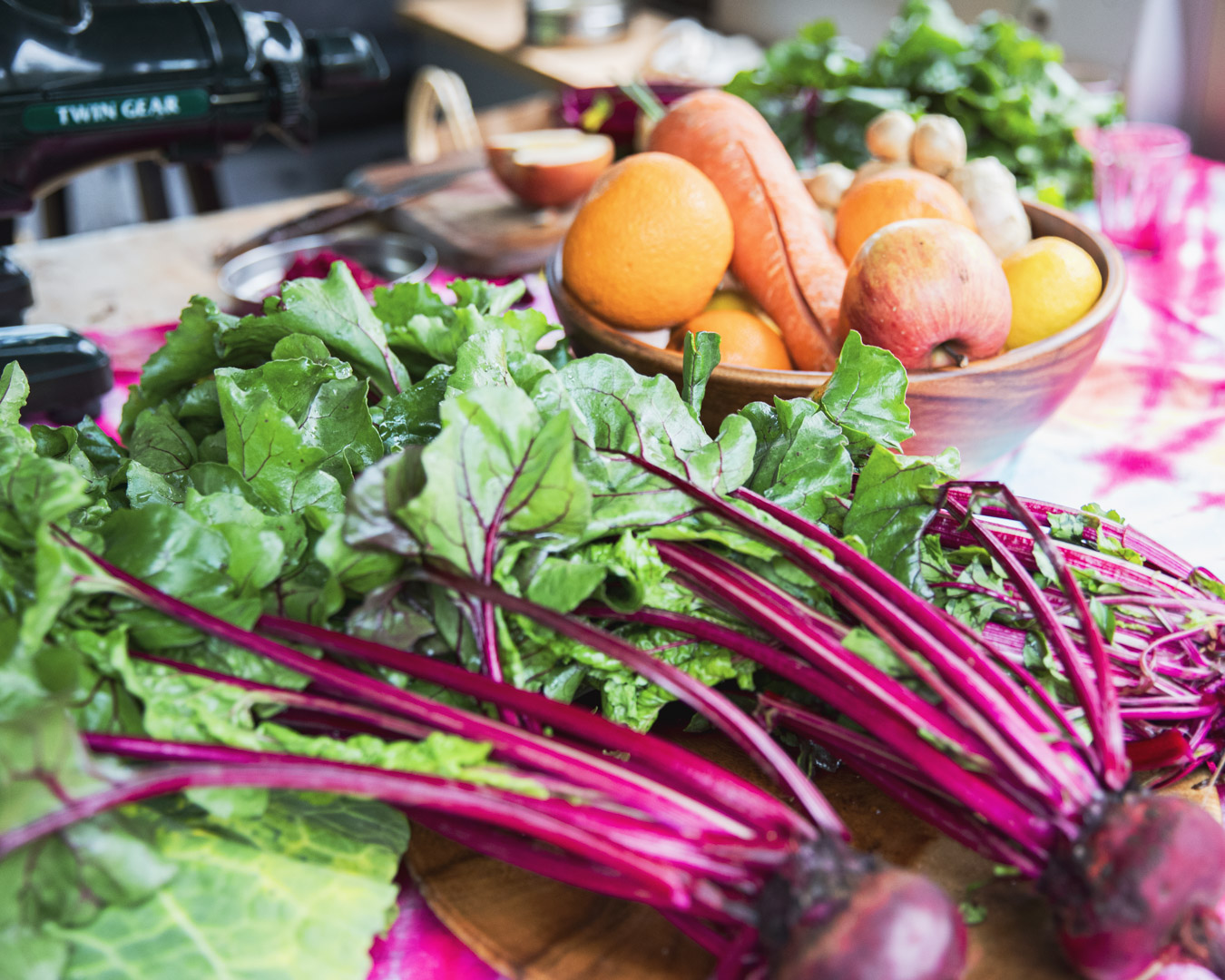
At pop-up events, Ko uses fruits and vegetables from Bassed Farm (@bassed_farm) in Hayama, Kanagawa
He began taking the shop on the road for pop-up events all over the country. (Many readers of Yamatomichi’s Journals might have encountered Sunshine Juice and Ko at pop-ups for Yamatomichi Kyoto or through his products that Yamatomichi sells.) As Ko met more people in different locations, he came up with a new idea: a mobile store. This led to the launch of Sunshine Juice Wheels, a van that runs on diesel, gasoline and waste oil, is powered by solar panels, and has become his off-grid, on-the-move base for cold-pressed juice and raw food. Equipped with juicers, blenders and dehydrators, Ko makes cold-pressed juice and smoothies, but he also serves his produce raw. The juice pulp his business produces doesn’t go to waste, either: it goes right back into the soil on the farms that are his suppliers.
Taking cold-pressed juice on the road

Sunshine Juice Wheels, Ko’s off-grid mobile shop powered by solar panels. The van runs on diesel, gasoline and waste oil.
Ko believes that cold-pressed juice is the best way of tapping into the vitality of fruits and vegetables. “Plants are about 70% water, and that water comes from the environment,” he says. Plants thrive by harnessing the rain, sun and soil of their surroundings. When you drink cold-pressed juice, he says, you’re taking in the energy absorbed and stored by plants and learning about the land where they come from. “That’s what my juice is all about,” he says. “When drinking my juice, you can feel the seasons, the energy of the land, the joys of the cells in your body celebrating…That, perhaps, is what ‘delicious’ really means.”
Sunshine Juice Wheels represents Ko’s desire to get as close as possible to the farms where he sources his produce –– and to do it without emitting too much pollution. The hope, he says, is for people to drink his juice, feel energized, and care more about protecting the environment. “I believe this positive energy will spiral out and spread to those whom we connect with.”
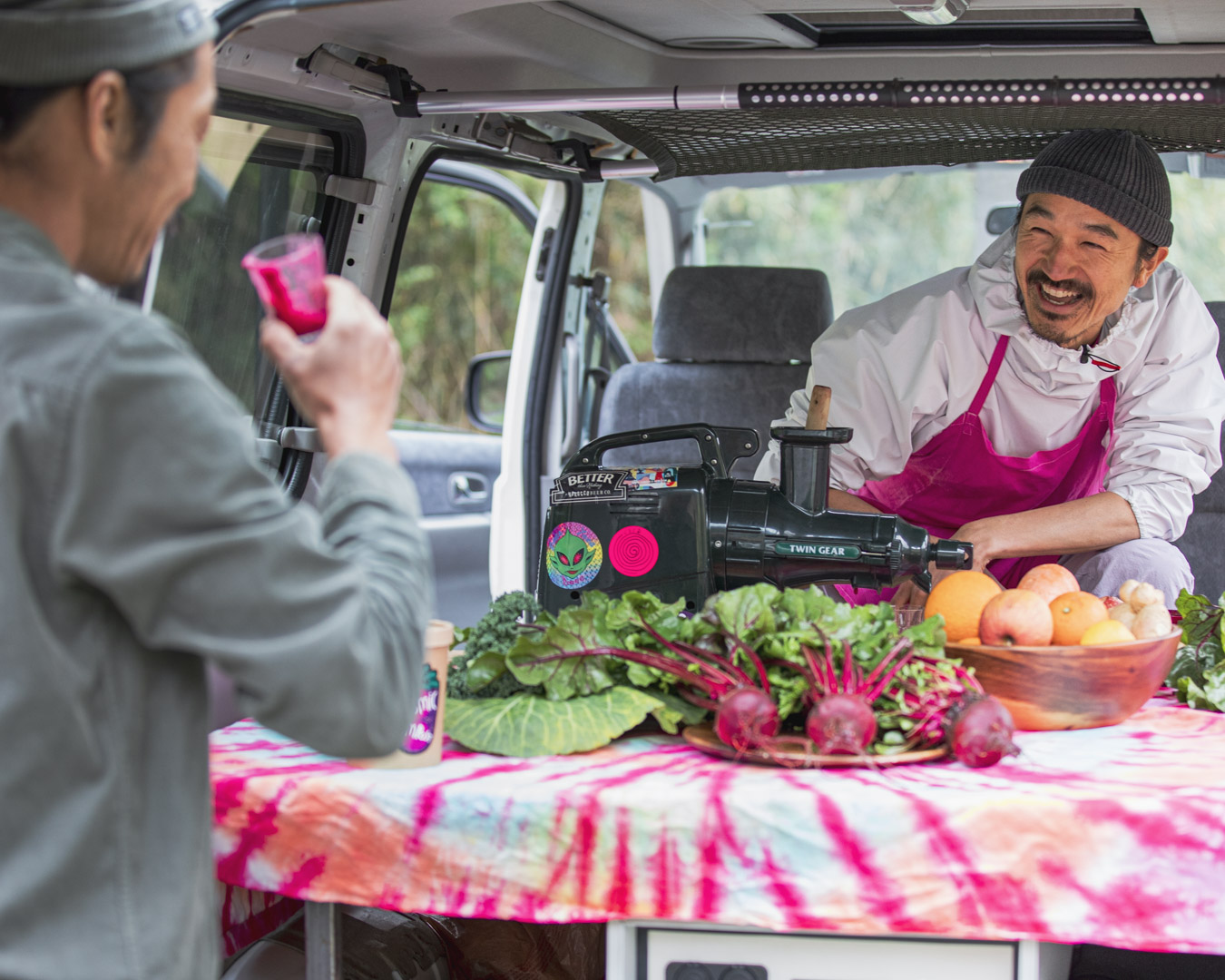
Bassed Farm has launched a project to collect waste oil for Sunshine Juice Wheels
Lessons from downsizing, refining, eliminating the superfluous
Ko’s business aligns with his own daily regimen of self-care and well-being –– running, meditation and eating well. “Juice is currently the ultimate for me, but eating high-energy ingredients regularly is very important,” he says. “There was a time when I approached running meditatively, but now I keep running and meditation separate.”
He believes that maintaining personal health can be infectious. “When you’re healthy, your friends and others around you become healthier, too. This applies to physical and mental health and even spiritual well-being,” he says. By keeping yourself healthy, says Ko, you treat others well and build new bonds –– a recipe for world peace. And it can start with something as simple and accessible as juice.
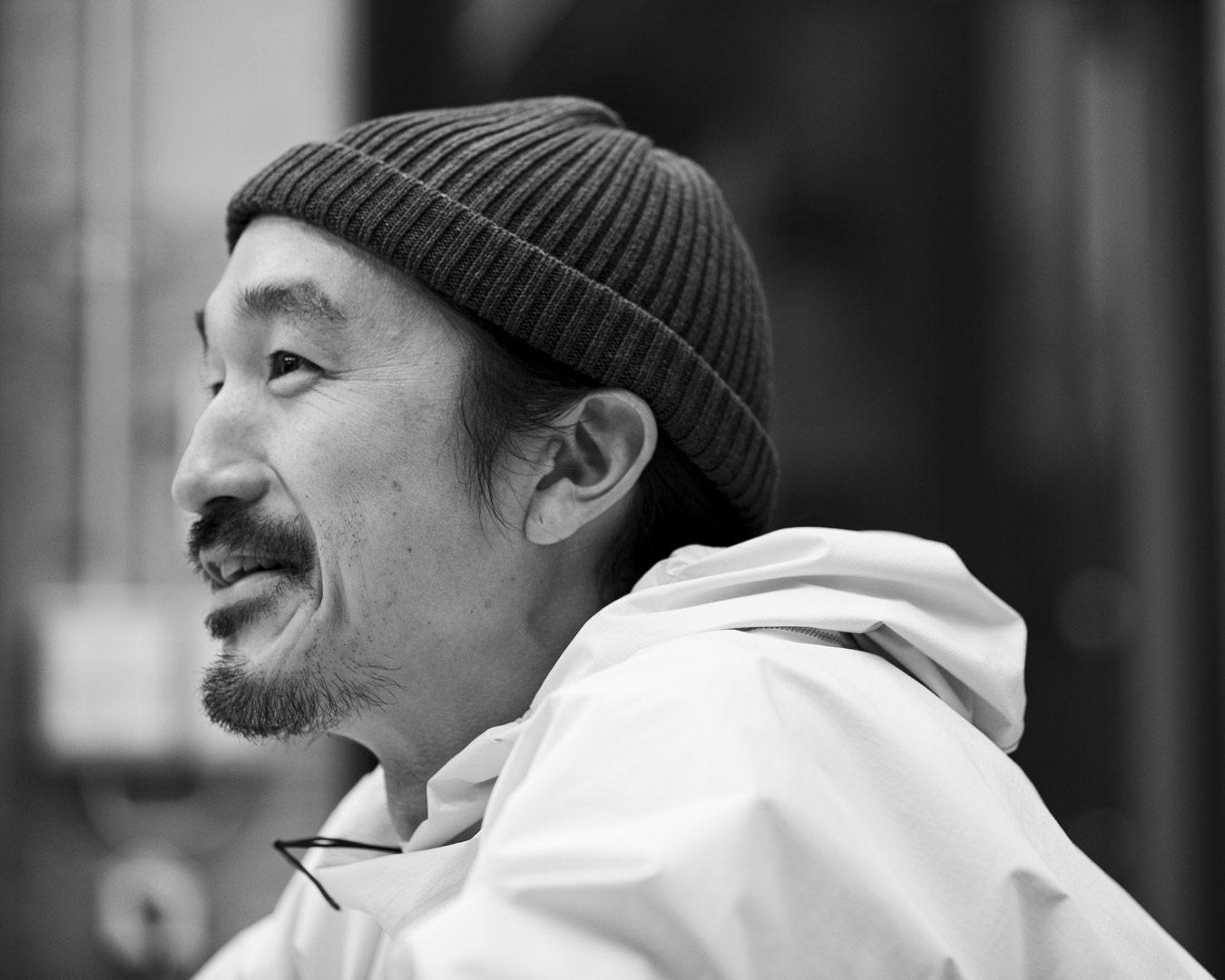
“I want to make it lighter and more focused on what I truly want to do,” says Ko.
Ko’s vision bears similarities to Yamatomichi’s ultralight ethos of discerning and zeroing in on what truly matters. When he first met Yamatomichi co-founder Akira Natsume sometime around 2000, Ko was running 100-mile races. “I understood the physical benefits of lightweight gear, but it was eye-opening to grasp the deeper, philosophical significance. Using Yamatomichi products has significantly reduced my load. In my frequent travels, I’ve noticed that my gear is half of what it once was. For instance, instead of two items of clothing, I now only take one,” he says. “It made me realize how much unnecessary stuff I had been carrying –– even when I wasn’t hiking.”
Freeing himself from the notion of business expansion as a form of success has been crucial for Ko. Downsizing, refining, eliminating the superfluous –– these have brought their lessons. “I want my lifestyle and thoughts to be sharper. I aim to be more focused on what is truly necessary and what I genuinely want to do. There are still many aspects of Sunshine Juice that can be further simplified. I want to explore new ideas with others. Although I know this can be nerve-wracking and I’ll have doubts about letting go of certain things, I already understand that what I end up cutting out is truly unnecessary.”
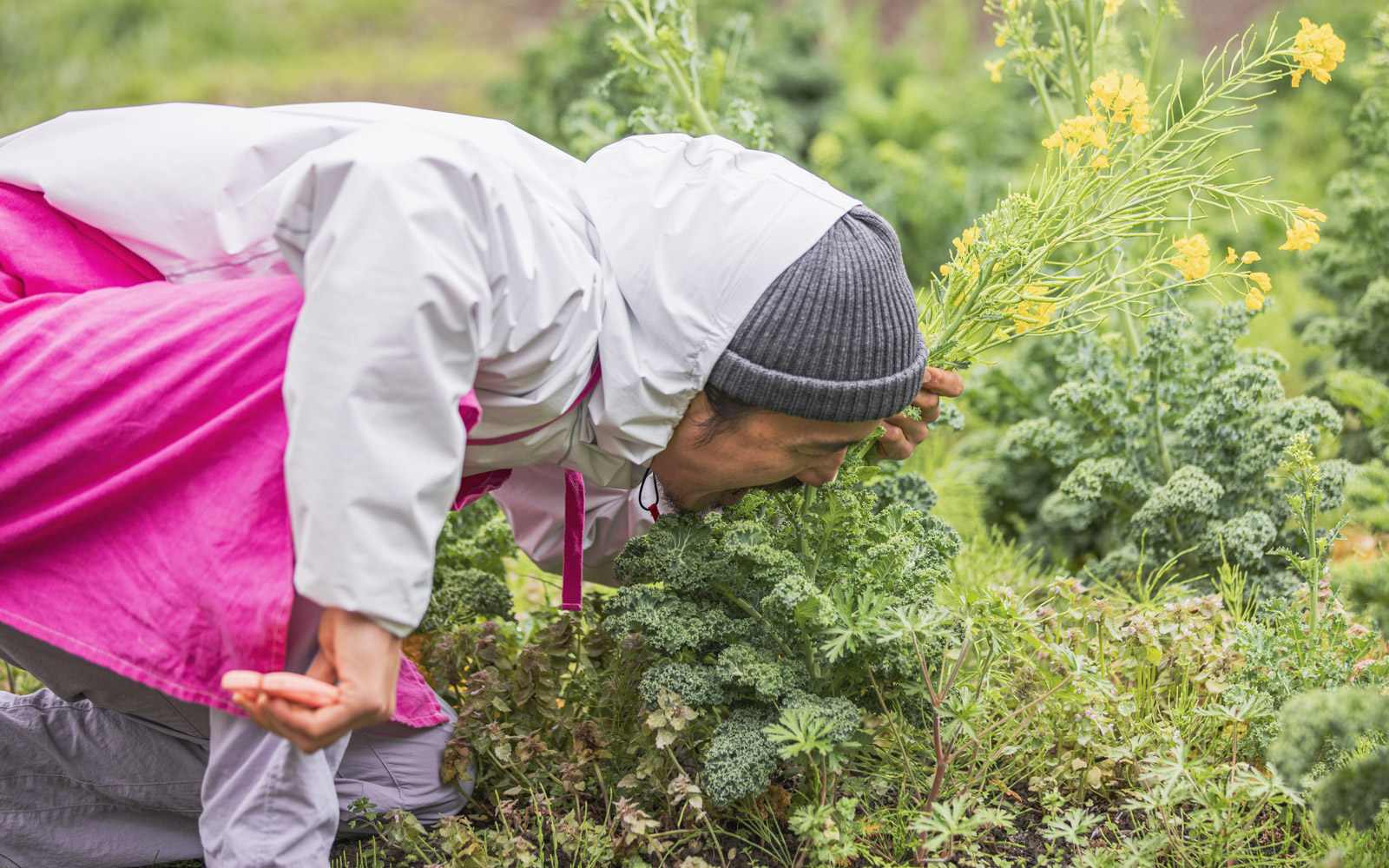
Ko practicing what he calls “earth eating”.
Ko’s Values and Practices
Values
“Love is the most important thing to me. Ultimately, everything is about love. I always want to maintain a loving attitude. Without peace of mind, love cannot flourish. I want to view everything with purity and love. By spreading love, we can attain world peace!”
Practices
“Persistence is important. I want to continue sharing the shock and inspiration I felt from that first sip of cold-pressed juice –– no matter what form it may be in.”
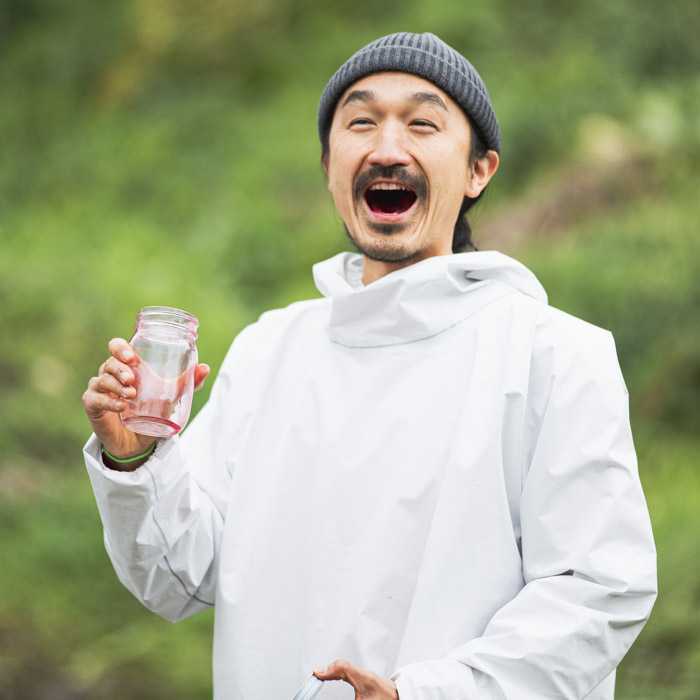
Sunshine Juice founder. After living in Japan, the US and Taiwan, he opened Japan’s first cold-pressed juice store in Tokyo, in 2014. He sources vegetables directly from farmers around the country and uses only natural and plant-based ingredients. In 2022, he launched Sunshine Juice Wheels, a van that serves as his off-grid mobile shop. Through #stayjuicy, he disseminates information about the environment, energy, food, agriculture and health.







